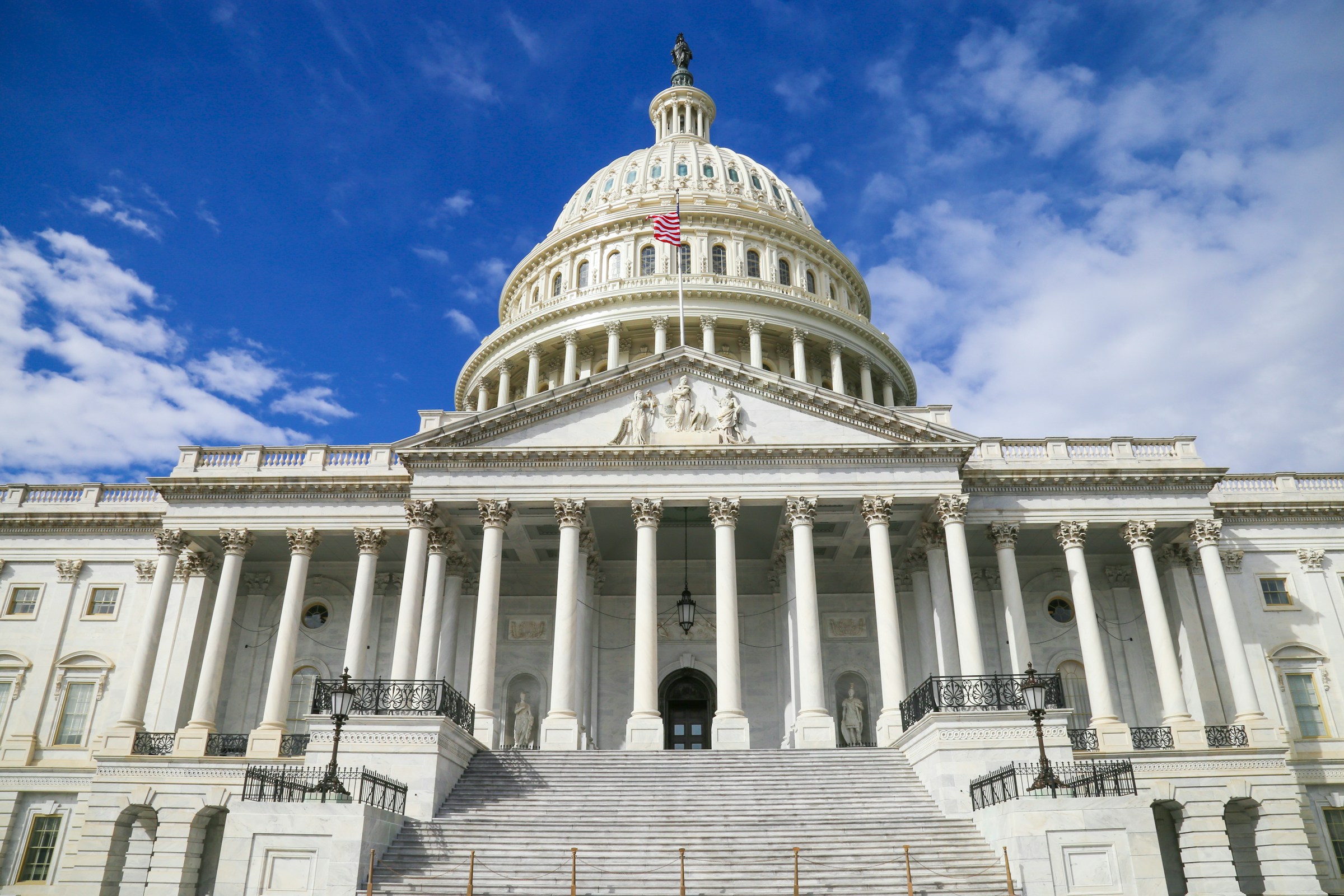
Meta Description: Microsoft rolls out free Copilot AI to millions of US federal workers, signaling mainstream AI adoption. Learn how this could transform government productivity and what it means for your organization.
Imagine millions of government employees suddenly getting a personal AI assistant to handle routine tasks for free. That is what Microsoft is doing by rolling out Copilot AI services to US federal government workers. This deployment positions Copilot as a core productivity tool across the public sector and sends a clear signal to businesses: conversational AI assistants are ready for mainstream workplace adoption.
The US federal government has historically been cautious with new technology, but recent efforts have accelerated AI for government efficiency and broader digital transformation. From cloud modernization to new AI governance frameworks, agencies are preparing to integrate AI assistants into daily workflows. By embedding Copilot into government devices and Microsoft Office applications, the rollout emphasizes seamless integration rather than stand alone tools.
Early pilot programs reported significant time savings in administrative workflows, with some internal studies noting reduced document processing time when AI assistants handled initial drafts and revisions.
This government adoption validates AI assistants as practical, productivity boosting technology rather than experimental novelty. For small and medium businesses, the message is clear: Copilot for small business and similar AI assistant options are increasingly viable ways to reduce overhead and accelerate operations.
Key takeaways for leaders evaluating AI adoption:
With AI moving into sensitive environments, questions about AI data privacy, regulatory compliance, and trust are front and center. Agencies must apply privacy first principles, strict access controls, and robust auditing. Businesses considering similar tools should ask vendors about data residency, model training data, and compliance with applicable standards.
If your organization is considering integrating Copilot or other AI assistants, consider this checklist:
How will Copilot improve government productivity? Copilot streamlines routine tasks like drafting, summarizing, and basic data analysis, delivering time savings and consistency in outputs.
Are privacy risks reduced in government deployments? The rollout includes strict guidelines and security measures, but organizations must still verify vendor controls and implement their own safeguards.
Can small businesses benefit from Copilot? Yes. The government deployment indicates Copilot and similar AI assistants can scale across diverse operations, suggesting tangible benefits for SMBs seeking affordable productivity AI.
Microsoft's free Copilot rollout to US federal workers marks a milestone in mainstream AI adoption. It demonstrates that AI assistant technology can be integrated at large scale to improve efficiency while highlighting the importance of privacy, security, and training. For leaders still weighing AI adoption, the key question is not whether to use AI assistants, but how quickly and responsibly they can implement them to capture productivity gains.
For more guidance on adopting Copilot productivity tools and secure AI assistant strategies, consider developing a step by step plan that covers pilot design, data governance, employee training, and procurement best practices.



